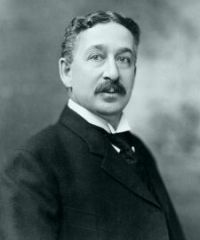Get Today in Masonic History into your Inbox. Sign up today for one of our email lists!
Need an article for your Trestleboard/Newsletter see our Use Policy
King Æthelstan Passes Away

Today in Masonic history King Æthelstan passes away in 939 A.D.
King Æthelstan is considered the first King of England.
Æthelstan was King of the Anglo Saxons from 924 A.D. to 927 A.D. and King of the English from 927 to 939 A.D.
Æthelstan centralized government, he increased control over the granting of charters and summoned leading figures to his councils.
Æthelstan is connected to Freemasonry through the Regius Poem. The poem was believed to have been written down in the 14th or 15th century.
The Poem descibes various items relating to Freemasonry. It tells how Euclid "counterfeited geometry" and called it masonry. This was for the use of Egyptian children of nobles. It also recounts the spread of the art of masonry to "diverse lands".
The Poem indicates that masonry spread to England during Æthelstan's reign and that the masons in his kingdom came to him for advice on good self governance. Along with the King, the landed gentry and nobility helped to come up with the 15 articles and 15 points for their rule. It included rules for the Master, rules on the work site and rules for the craftsman.
In 1757 King George II donated the manuscript to form the nucleus of the Brittish Library. It was not until 1838 that the document came to the notice of freemasons. James Halliwell, who was not a mason, delievered a paper to the Royal Society on the "The Early History of Freemasonry in England".
This article provided by Brother Eric C. Steele.

